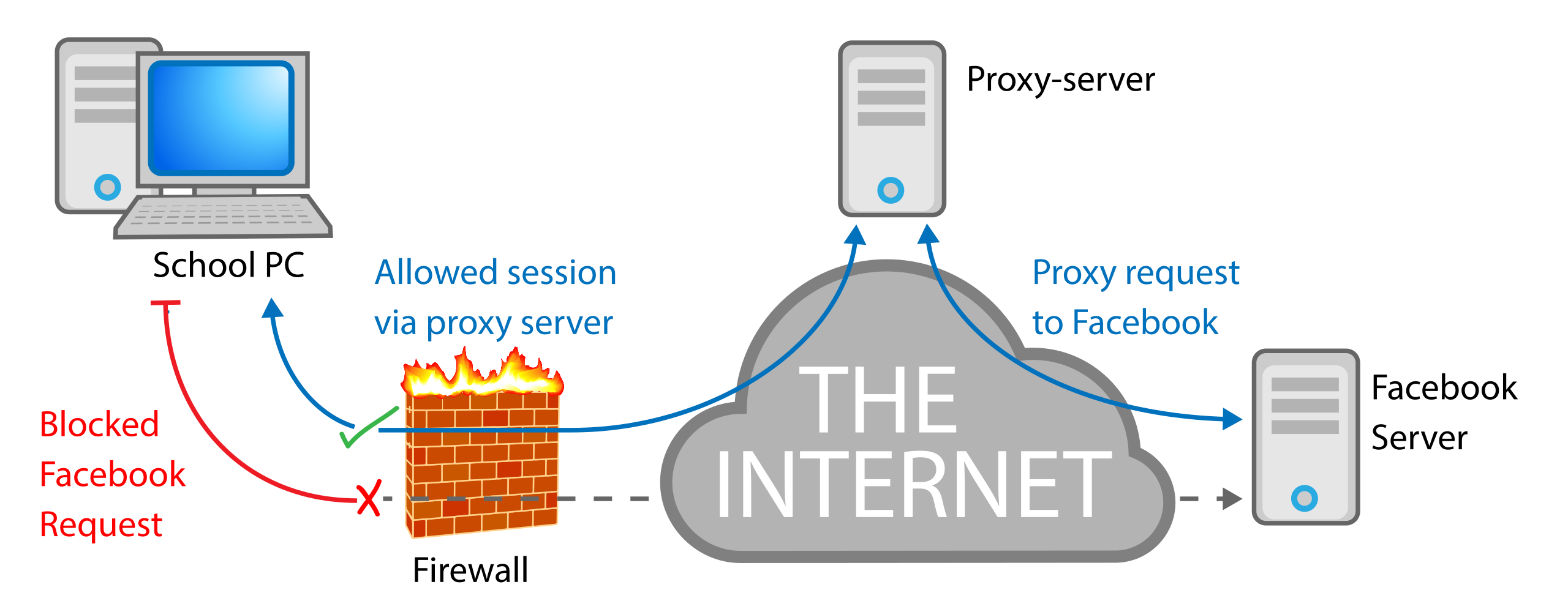Within the current digital landscape, web scraping has turned into an essential tool for companies and people seeking to collect data from the vast expanse of the internet. Nonetheless, as web scraping evolves, so do the obstacles associated with it, particularly concerning the risk for IP bans and data restrictions. One effective way to navigate these obstacles is through the use of proxy servers. These intermediaries not only allow users to access data more efficiently but also play a crucial role in preserving anonymity and enhancing online security.
Understanding how proxy servers work and the various types available can significantly affect your web scraping success. From safeguarding your identity online to improving the overall efficiency of data collection, proxies provide several benefits that address different needs. In this article, we will investigate the best practices for using proxy servers in web scraping, covering all aspects from their benefits and types to tips on steering clear of issues such as IP bans. Whether you're a seasoned data scraper or just starting, perfecting the use of proxy servers can elevate your scraping operations to a new level.
Grasping Proxy Servers
A proxy service acts as an middleman between a client's device and the internet. When a user asks for a website, the query is sent to the proxy server first, which then transmits it to the target website. This system receives the feedback from the site and sends it back to the client. By doing this, proxy services can hide the individual's IP address, provide privacy, and enable secure browsing.
There are various types of proxy services available, each serving specific functions. HTTP proxies are designed for online traffic, while SOCKS proxies can handle any type of request. Transparent services do not alter demands or replies, making them suitable for caching and content filtering. Comprehending these types is crucial for choosing the right solution for specific tasks, such as data mining or bypassing geo-restricted content.
Using proxy servers comes with a myriad of advantages, particularly regarding online privacy and protection. They can hide a client's identity, protect confidential info, and prevent malicious entities from tracking online activities. Additionally, businesses rely on proxies to enhance security protocols and ensure safe data transmission. This blend of features makes proxies a valuable tool for anyone looking to boost their online experience.
Advantages and Drawbacks of Utilizing Proxy Servers
Utilizing proxy servers provides several advantages, particularly in enhancing online privacy and safety. Proxies act as intermediaries between users and the internet, masking the user's IP address and enabling for anonymous browsing. This anonymity aids safeguard personal information from being tracked by sites and third parties. Additionally, proxies can enable users to access geo-restricted content, making it easier to browse a broader array of online resources without facing location barriers.
Nevertheless, there are risks linked to utilizing proxy servers, particularly free ones. Free proxies frequently compromise security and privacy, as they may record user data or even inject malicious ads into web traffic. Users may also face unreliable connections and decreased speeds due to overloaded bandwidth. Additionally, some proxies can lead to access bans from specific websites that detect proxy utilization, causing frustration for users attempting to scrape data or obtain specific services.
To enhance the benefits while reducing risks, users should select reputable proxy services, preferably those that offer strong encryption and a strict no-logging policy. It's crucial to understand the type of proxy being utilized—whether HTTP, SOCKS, or residential—as each has different applications and effects for security. By being informed and cautious, users can fully leverage the advantages of proxies while protecting their online activities.
Optimal Strategies for Web Data Extraction with Proxies
When performing web scraping with proxies, it is important to choose the right type of proxy based on your particular needs. Residential proxies are frequently preferred for large-scale scraping tasks, as they provide IP addresses tied to real residential devices, thereby making them less prone to be blocked by target websites. On omeka.net/ , datacenter IPs can be used for efficient scraping when anonymity is not a major issue, but be aware that they are easier identifiable as data center-based and may encounter more regular bans.

Another important practice is to rotate your proxy IPs regularly to avoid IP bans and CAPTCHAs. Many proxy providers offer IP rotation services, which instantly change your IP address at predetermined intervals or request limits. This strategy helps ensure that your scraping activities remain under the radar by simulating the behavior of a typical user, thereby reducing the risk of detection and blocking. Additionally, incorporating delay mechanisms in between requests can further lower the possibility of being flagged as a bot.
Finally, always remember to adhere to the lawful and ethical guidelines of web scraping. Review the terms of service for the websites you plan to scrape and honor their guidelines regarding mechanical data collection. Employing responsible scraping practices will not only safeguard your proxy accounts but also help maintain the integrity of the internet ecosystem. By combining the correct type of proxies with dynamic proxy techniques and ethical considerations, you can perform effective and considerate web scraping.
